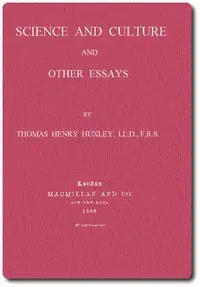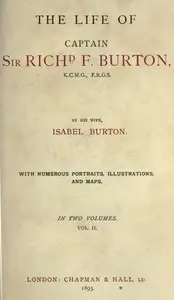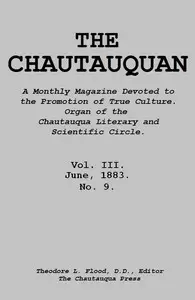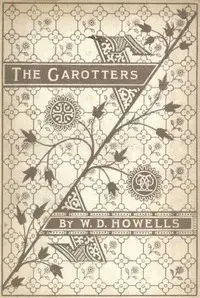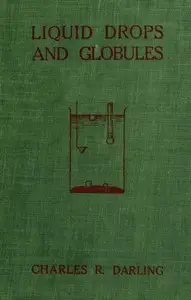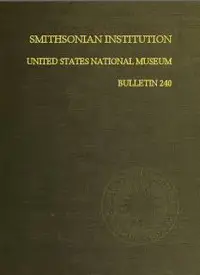"The Conditions of Existence as Affecting the Perpetuation of Living Beings" by Thomas H. Huxley is a scientific lecture delivered in the mid-19th century, specifically in 1863. It serves as the fifth in a series of lectures aimed at working men, discussing the implications of Darwin's "Origin of Species." The book explores the mechanisms of natural selection and variation in living organisms, examining how structural and physiological characteristics evolve and are perpetuated in species. In this lecture, Huxley outlines the processes behind variation within species, emphasizing the role of selective breeding and natural selection in the perpetuation of these variations. He differentiates between structural changes seen in domesticated breeds, such as pigeons and dogs, and the physiological traits that define their behaviors and instincts. Moreover, Huxley argues that natural conditions can create selective pressures akin to those applied by human breeders, leading to further variations in species over time. He also discusses the limitations of these variations, focusing particularly on reproductive processes and the difference between hybrids and mongrels. Ultimately, the lecture explores how the struggle for existence influences the survival and dominance of certain traits within species, supported by various natural and environmental factors. (This is an automatically generated summary.)

The Conditions of Existence as Affecting the Perpetuation of Living Beings Lecture V. (of VI.), "Lectures to Working Men", at the Museum of Practical Geology, 1863, on Darwin's Work: "Origin of Species"
By Thomas Henry Huxley
"The Conditions of Existence as Affecting the Perpetuation of Living Beings" by Thomas H. Huxley is a scientific lecture delivered in the mid-19th cen...
Genres
Released
2001-11-01
Formats
epub (images)
epub
epub3 (images)
mobi (images)
mobi
Free Download
Overview
About the Author
Thomas Henry Huxley was an English biologist and anthropologist who specialized in comparative anatomy. He has become known as "Darwin's Bulldog" for his advocacy of Charles Darwin's theory of evolution.
Total Reviews
10.0k
Total reviews from Goodreads may change



